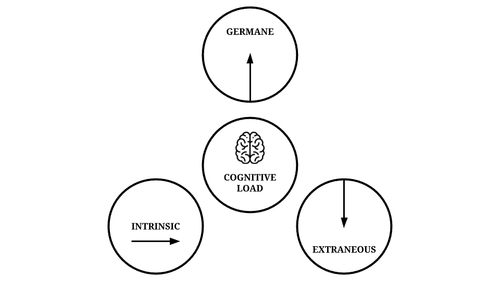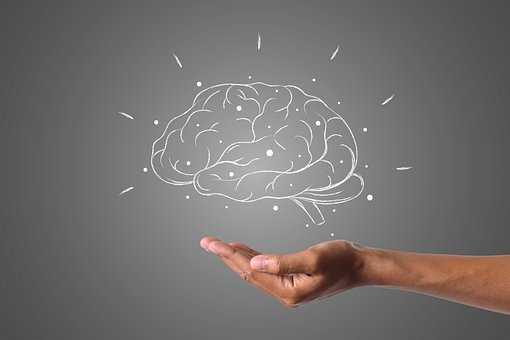Learn more about problemsolving with this collection
How to delegate tasks efficiently
How to use technology to your advantage
How to optimize your work environment
Our Working Memory
The limited amount of load we can take on our working memory, which functions like computer RAM, is called the cognitive load.
Miller's Law states that we need to limit our cognitive loads and hold on to approximately seven number of objects at a given time.
1.29K
11.4K reads
Balancing Our Mental Effort
To increase our learning performance, we need to balance our cognitive load. It helps to understand what the three types of cognitive loads are:
- Intrinsic cognitive Load: The inner load we feel when we are calculating something complex. This is a fixed load on the brain.
- Extraneous cognitive load: Presenting information or a task in a certain way, like visually or verbally, making it easier to understand.
- Germane cognitive load: It is the flow-chart constructions of the brain, which help in long-term learning. The mind makes information easier to grasp by creating maps and inner processes, helping us understand better.
1.27K
6.43K reads
Tools To Manage The Cognitive Load
- Grouping or chunking of various pieces of information into different sections, making them easier to retrieve and remember.
- Making mind maps or process maps, and also thinking in maps making constructive associations and flow-charts.
- Clearing your mind by taking your thoughts out of it and projecting it where they are better visualized. This is also known as brain-dumping, and writing is a good way to understand context, build associations and improve memory.
- Collaborating with others using brainstorming sessions, Idea-meets, or creating a learning plan together as a team, confluence style.
1.34K
6.16K reads
CURATED BY
More like this
8 ideas
3 ideas
Read & Learn
20x Faster
without
deepstash
with
deepstash
with
deepstash
Access to 200,000+ ideas
—
Access to the mobile app
—
Unlimited idea saving & library
—
—
Unlimited history
—
—
Unlimited listening to ideas
—
—
Downloading & offline access
—
—
Personalized recommendations
—
—
Supercharge your mind with one idea per day
Enter your email and spend 1 minute every day to learn something new.
I agree to receive email updates

